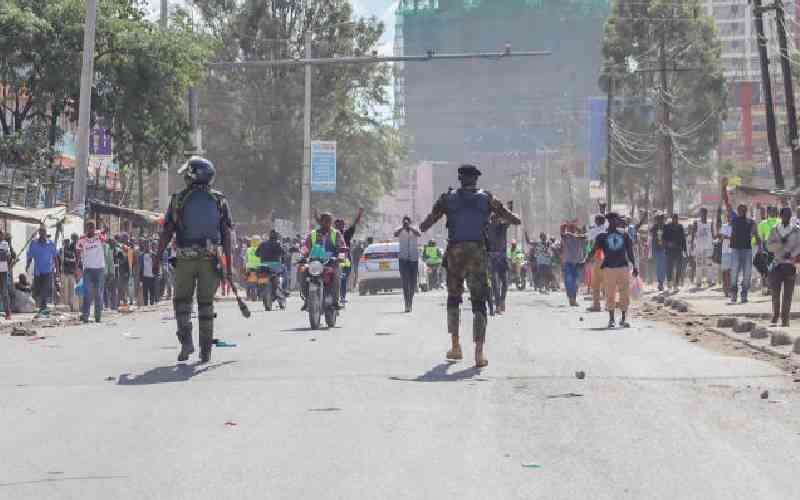
Audio By Vocalize

Following intense lobbying and interventions by religious and other leaders, President William Ruto and Azimio leader Raila Odinga, agreed to address issues of contention through a parliamentary bipartisan process.
This ended two weeks of demonstrations, which paralysed businesses and seriously affected economic activities. These protests and demonstrations turned violent as we witnessed running battles between armed police and demonstrators resulting in injuries, deaths, looting and destruction of property.
